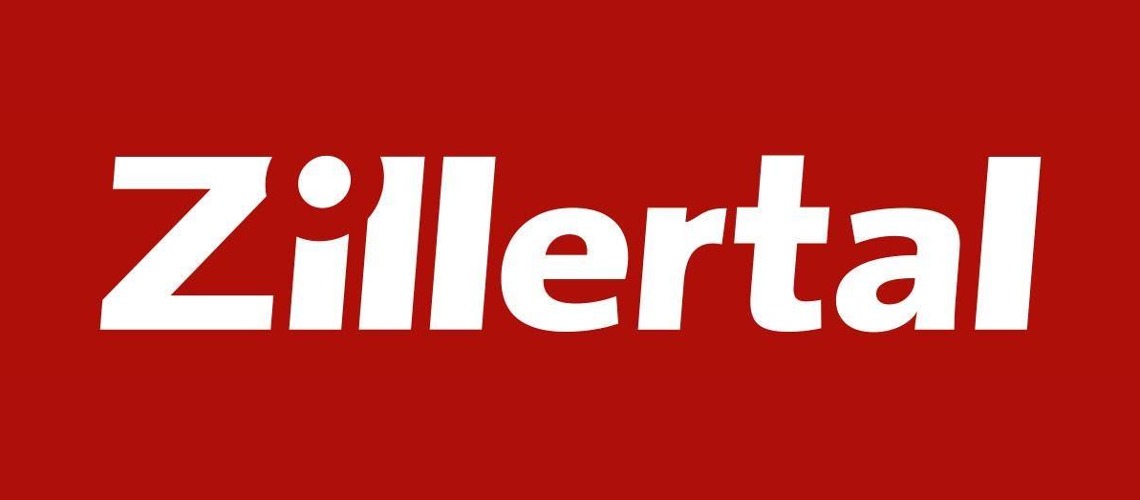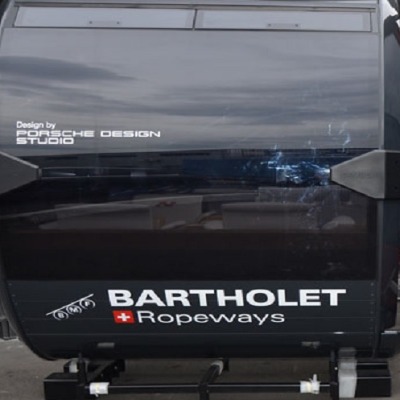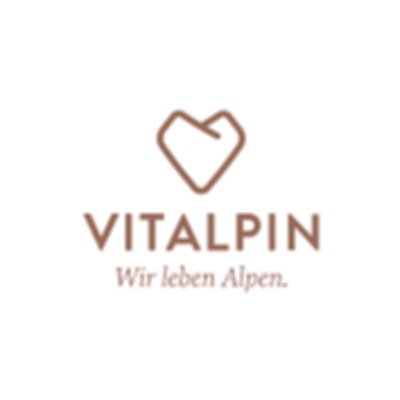Zillertalbahn: Decarbonization Using Battery Technology

The state government made an updated fundamental decision.
- ZVB decision made: Hydrogen and continuous overhead lines are ruled out
- According to experts at the Vienna University of Technology, battery technology has the greatest potential – battery and hybrid drives are neck and neck
- Charging infrastructure is being checked
Experts from the Vienna University of Technology (TU) presented the core results of the assessment of the decarbonization of the Zillertal Railway at a meeting of the Zillertal Planning Association in the presence of LHStv Josef Geisler and State Mobility Councilor René Zumtobel: The experts see the greatest potential in battery technology. In order to implement decarbonization as quickly as possible, a pure battery variant and a hybrid variant (battery and partial overhead cable) remain. According to the Vienna University of Technology, the hydrogen concept that has been pursued since 2018 was correct at the time, but has now been overtaken by battery technology.
“So the decision has been made. In the future, the Zillertalbahn will be operated using battery technology,” explain LHStv Geisler and LR Zumtobel in unison. The existing fundamental decision of the Tyrolean state government on the Zillertal Railway was therefore updated in today's government meeting. Subsequently, the next planning work will now be commissioned and the necessary charging infrastructure will be technically examined. The region – especially the municipalities and tourism associations – will also be intensively involved in the next steps. The decarbonization of the Zillertalbahn is intended to be implemented at least in the 2025 to 2030 program period of the medium-term investment program for private railways.
Switching to emission-free drives for buses and trains
“In the Zillertal, local public transport should be completely decarbonized in the future. In addition to an innovative and battery-based solution for the Zillertalbahn, the entire public bus transport should also be expanded and gradually operated without emissions,” says LR Zumtobel, stating the goal. Battery technology on the Zillertalbahn can be implemented in two variants, namely with a pure battery or with hybrid solutions, which have charging and supply sections of different lengths. According to the Vienna University of Technology, the variants are neck and neck and the calculated costs per kilometer are within the tolerance range. The pure battery variant has advantages when it comes to procurement, but has disadvantages during operation, especially in terms of service life. The hybrid variants, in turn, bring advantages during ongoing operation, but require higher investment costs, especially at the beginning. In addition, according to experts, hybrid variants make sense especially if a full expansion into a continuous overhead line is subsequently forced.
The region and the Tyrolean state government are ruling out the complete construction of an overhead line across the entire railway line due, among other things, to the property ownership situation and the high investment costs. That is why the state of Tyrol, the Zillertal planning association and the tourism associations have committed to battery technology and are now having the necessary charging infrastructure technically tested. The following applies: as much charging infrastructure as necessary, as few overhead lines as possible.
“We want to move away from diesel engines as quickly as possible. Support from the region is essential. The Zillertal is ready for innovation and supports it. “Everyone is pulling together,” says LHStv Geisler happily. Decarbonization saves 900,000 liters of diesel annually. The chairman of the Zillertal planning association, Mayor Hansjörg Jäger, adds: “The assessment of the experts at the Vienna University of Technology is now available. It is now important to us mayors that a quick decision is made based on this. If we work together in the valley and coordinate closely, an absolutely presentable future project can emerge here.”
TU Vienna confirms the potential of hydrogen
The idea of using green hydrogen for mobility in the Zillertal was born around ten years ago. According to the TU Vienna's assessment, the decision for an innovative hydrogen concept in 2018 - embedded in a model region - was the right one at the time. Since then, the state of science and technology has developed significantly. After the events surrounding the former managing director of the Zillertalbahn, trust in the project was lost. A new, independent technical assessment by the TU Vienna is intended to objectively evaluate the various technologies. A total of six different drive scenarios are being tested by the Vienna University of Technology, including diesel reversible trains, full electrification and hydrogen technology. All analyzed scenarios could meet the required travel times and are technically feasible. The costs for procurement, maintenance, infrastructure and operation are compared, but also the fastest possible implementation. As soon as the “Decarbonization of the Zillertalbahn” assessment report is available in writing, it will be published on the Tyrol state homepage.













